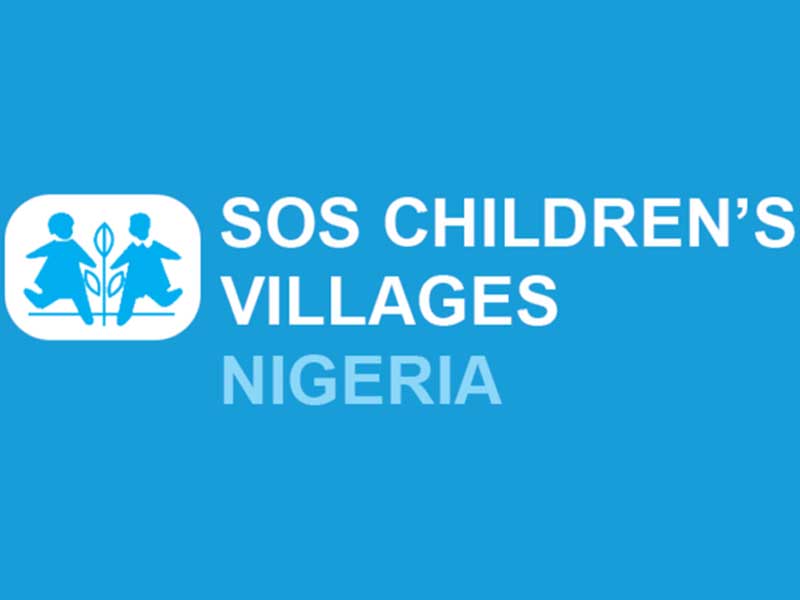As part of its ongoing efforts to improve the learning environment for children across Nigeria, SOS Children’s Villages Nigeria has donated a solar-powered borehole, toilet facilities, and renovated classroom blocks to Community Primary School, Ikija-Ijebu, located in Ijebu East Local Government Area of Ogun State.
The initiative, which aligns with the organization’s commitment to creating a safe, clean, and supportive environment for children to learn and grow, was officially handed over in a brief ceremony attended by local leaders, education stakeholders, and community members. The event highlighted the impact of targeted, community-driven interventions in strengthening grassroots education.
In addition to the water and sanitation facilities, SOS Children’s Villages sponsored the renovation of two classroom blocks, including installation of new furniture and floor tiling, significantly improving the learning conditions for over 200 pupils.
Speaking during the handover, the Managing Director of SOS Children’s Villages Nigeria, Eghosa Erhumwunse, emphasized the organization’s belief that every child deserves a safe, clean, and supportive environment to thrive. He noted that the projects were implemented under the theme “Empowering Education and Sustainable Development in Ikija-Ijebu,” and represent a continued effort to support both children and the broader community.

According to Erhumwunse, the partnership with Ikija-Ijebu has been especially fruitful due to the community’s resilience and active participation in development efforts. He stated that the community has shown exceptional dedication to becoming a nurturing environment for children, supporting their dreams and aspirations.
Beyond school infrastructure, SOS has implemented several complementary projects in the area. These include support for two Village Savings and Loan Associations, where caregivers were provided with seed grants to boost their financial independence and ensure access to basic needs such as food and healthcare. A total of 50 caregivers from 68 families in the community benefited from this program.
Further, through collaboration with local community-based organizations, SOS Children’s Villages extended sub-grants to provide targeted assistance to 263 program participants, significantly enhancing the reach and impact of the organization’s interventions. The community also embraced the creation of a Children and Youth Council, aimed at building leadership skills and empowering young people to participate actively in civic and governance-related issues.
Erhumwunse highlighted that the clean water from the solar-powered borehole and the improved sanitation facilities will benefit not only the schoolchildren but also the wider community, creating a ripple effect that supports public health and educational outcomes. He added that these facilities address critical gaps in access to clean water, hygiene, and quality learning environments, laying the groundwork for a healthier and more prosperous future for Ikija-Ijebu.
Describing the initiative as a community-driven effort, he stressed that while SOS provides support, the long-term success of the projects depends on the commitment of the people. He expressed gratitude to the government, traditional leaders, and other local stakeholders for their collaboration.
The headteacher of Community Primary School, Mrs. Oyewole Omowunmi, expressed appreciation for the intervention, describing the donation as a milestone achievement in her tenure. She noted that the new facilities would greatly improve the quality of education and well-being of the pupils.
In his remarks, the Ogun State Commissioner for Education, Science and Technology, Professor Abayomi Arigbabu, represented by the Zonal Education Officer for Ijebu East, Mr. Valentine Amosu, praised SOS Children’s Villages for their continued contributions to education in the state. He encouraged teachers and students to take ownership of the new facilities and ensure their proper use and maintenance.
The project stands as an example of how public-private-community partnerships can foster sustainable development and improve the lives of children in underserved areas.



